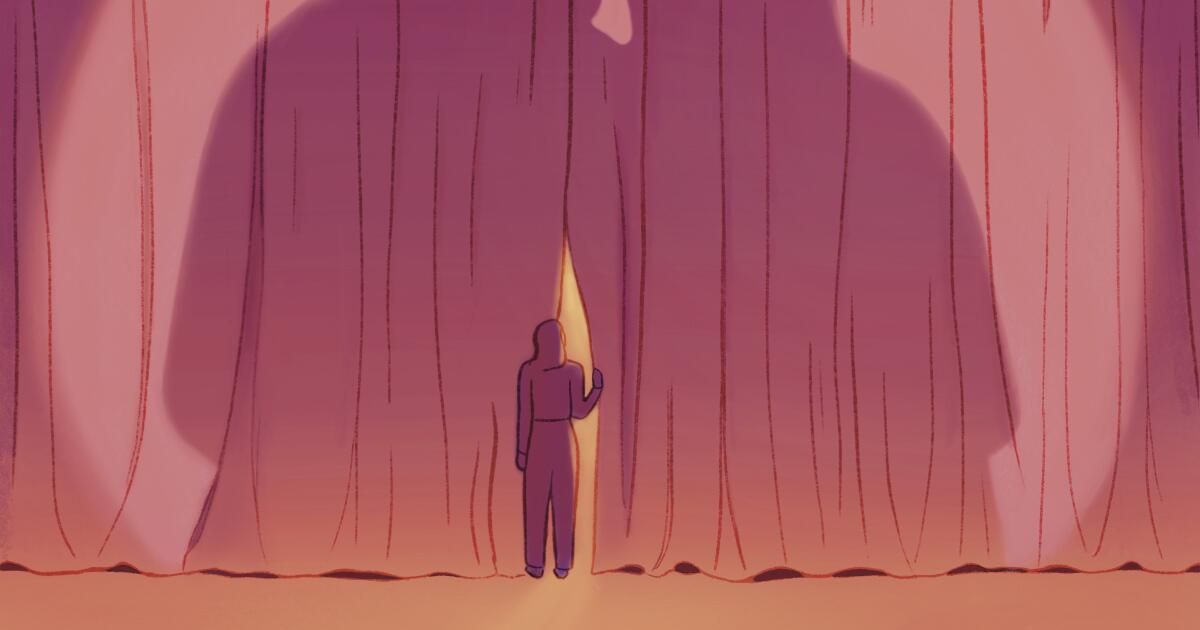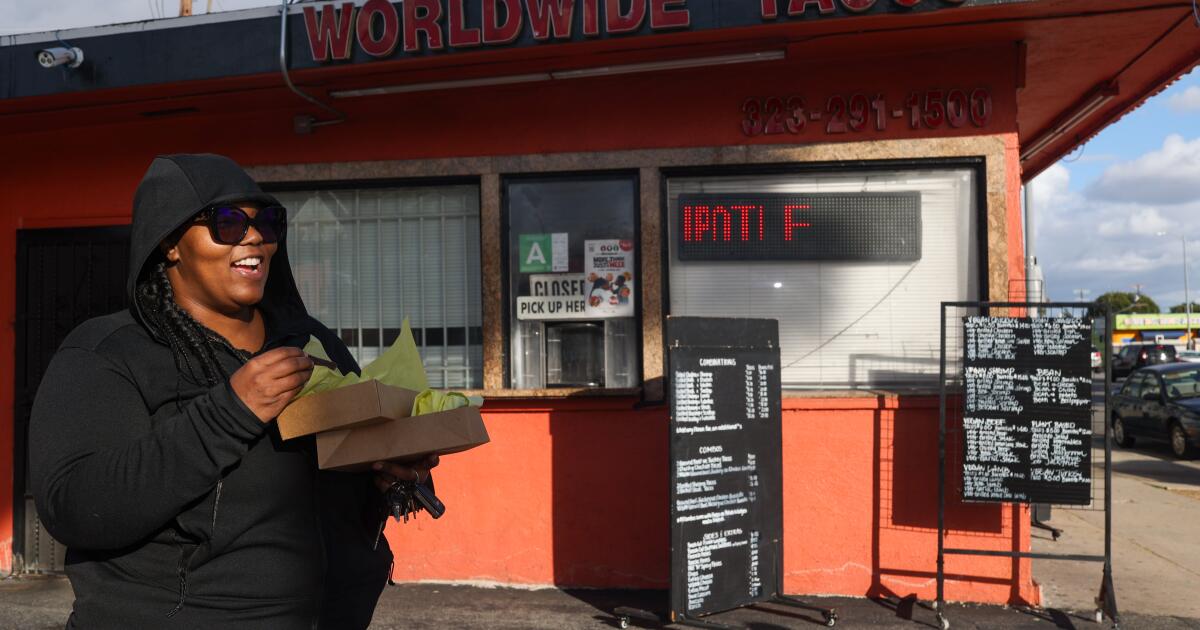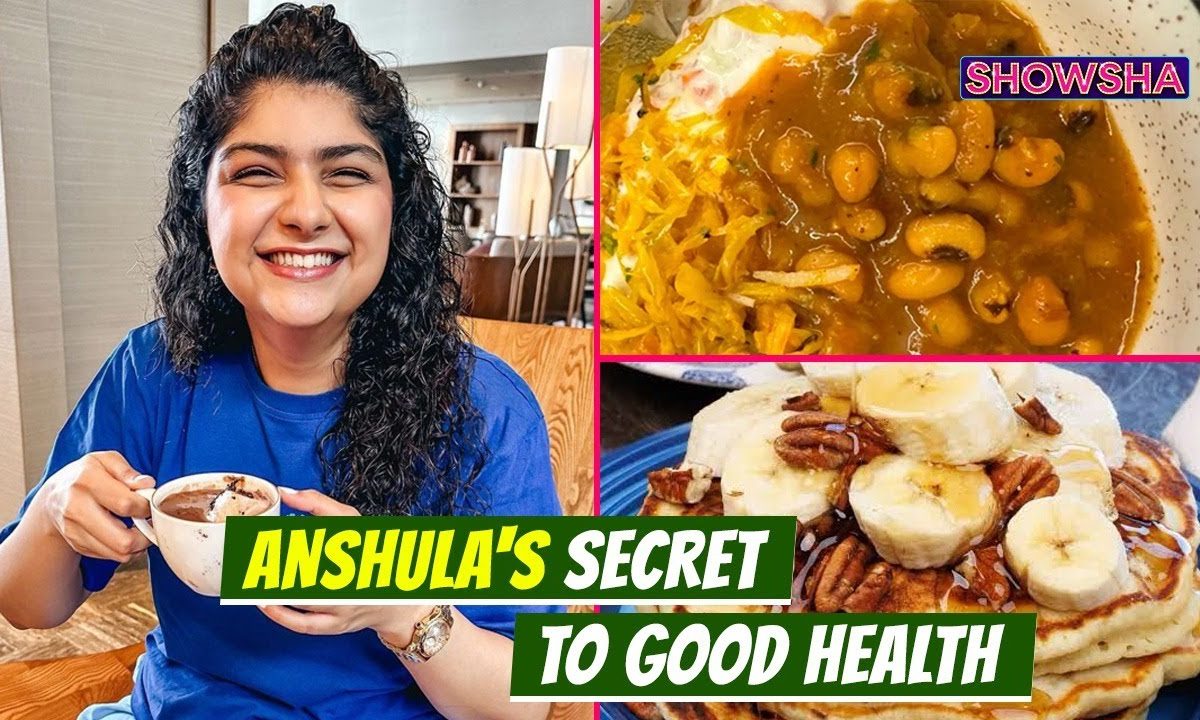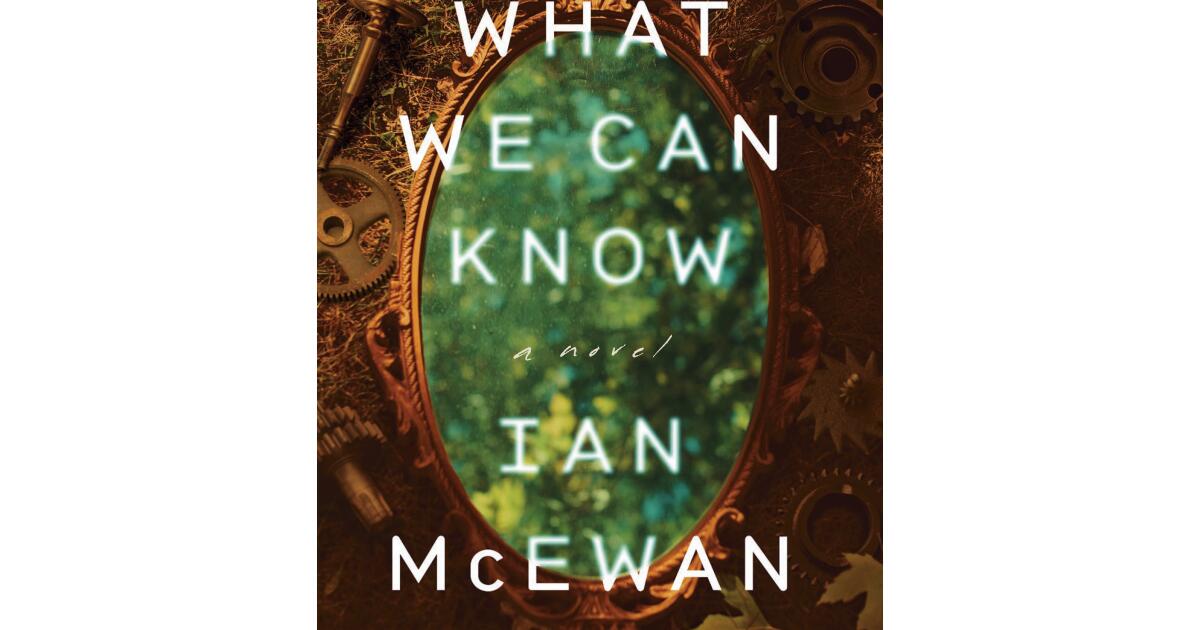For decades, Carlos and I were not married. And I didn't care. I created comedy material from it and used it in clubs in Los Angeles, such as the Ice House and the Comedy Store:
“I've been in the same relationship for 25 years and I'm still stuck on the word 'boyfriend'. How is it that every two minutes we come up with new words for technology? Texting, sexting, Googling, pinging. But when it comes to long-term relationships, we have: lover, domestic partner, couple, long-term partner. Recently, someone told me about a new term: spousal equivalent. Equivalent! conjugal! Why does it seem like a sugar substitute to me? Carlos is my marital equivalent. All the great pleasure of a husband and only half of the commitment.”
The public always laughed. And if Carlos was in the room, someone would inevitably look at him and shake their head, as if he were the one dragging his feet. The truth was that I was fine without being married. It wasn't just him. It was us.
Outside of comedy clubs, when people asked me why after almost 30 years we weren't married, I would say, “We're just waiting to see if it's going to work out.” People thought that was hysterical. It wasn't a joke. We were very different people.
There was a period where I started calling him my husband just to keep things simple, but I was still likely to call him boyfriend. “You're very open about your relationships,” a woman once told me on the second day of a two-day conference. It took me a minute to realize that she thought the man I referred to as “my husband” the first day was different from the man I called “my boyfriend” the next day.
For a long time, marriage wasn't something we needed. We had already built a home, a life, a circle of friends and a level of trust. But then I made a big change in my career. After more than 30 years in advertising (comedy was my side gig), I stepped away from full-time agency leadership and went part-time by choice, which ultimately gave less oxygen to my workaholism. However, with that choice I lost my medical care. Suddenly, marriage was no longer a joke.
Carlos had SAG-AFTRA coverage, the “forever” type of insurance that comes with vesting. If I became your legal spouse, I would also be protected. So, after three decades of marital equivalence, we got married. For love, yes, but also for health insurance.
Except “forever” wasn't forever. During the COVID-19 pandemic, SAG-AFTRA stripped high-profile performers of their medical care. Carlos lost his coverage. Spouses of high-profile performers could stay on the plan until we were kicked out at age 65, the age I turned this year. The promise of permanence faded.
It turned out that marriage not only changed our status. It also changed our relationship with the house. Before, we had it as “tenants in common”, each with 50%. After we get married, we could have it as community property. We are both full owners. That felt permanent too.
Until one day I heard about racial pacts in the Los Angeles real estate sector. I pulled out the original deed from 1921 and saw the words that would have disqualified us both from living where we live:
“No part of said premises shall ever be leased, rented, sold or conveyed to any Negro, or any person of African descent, or of Mongolian race, or of any race other than white or Caucasian.”
Neither Carlos, who is Afro-Panamanian, nor me, who is Jewish, would have been allowed to live here when that clause was written. We could only be here now because, after 1948, the courts said such covenants were unenforceable.
Suddenly, all I saw were the parallels. First, “forever” insurance that was not forever. Then, the “community ownership” that came with a scripture that once rejected our very existence. Now, even the protections that allowed an interracial couple like us to get married in the first place (Loving v. Virginia) feel more shaky than ever. It turns out that both interracial marriage and racial covenants are protected by 14th Amendment rights. Just like Roe v. Wade, and we all know how it ended.
I never thought much about permanence until recently. I was happy with the marital equivalence, with the idea that every day Carlos and I would choose each other without the need for the State to ratify it. But age, illness, and insurance have a way of imposing pragmatism on romance.
In Los Angeles, permanence has always been an illusion. The slopes give way to landslides. Forest fires devastate entire neighborhoods. Sanctuary policies are questioned and immigration raids leave families torn apart overnight. Even highways we once thought were immovable split and bend over time. Why should marriage or property be any different? The paperwork is rewritten. Laws are repealed. Protections you thought were settled are suddenly up for debate.
The city reminds us daily that permanence is fragile. And yet, we stayed. Not because paperwork binds us, but because we decide so. After all those years of jokes about “marital equivalence,” it turns out that the real equivalence is this: permanence on paper versus permanence in practice. We'll take the latter, always.
The author is a writer and narrator of pages, theater and the advertising industry. She lives in West Hollywood with her husband and her viral Instagram dog and cat. Visit their website at rochelle-newman.com.
Los Angeles Affairs chronicles the search for romantic love in all its glorious expressions in the Los Angeles area, and we want to hear your true story. We paid $400 for a published essay. Email [email protected]. You can find shipping guidelines. here. You can find previous columns. here.












